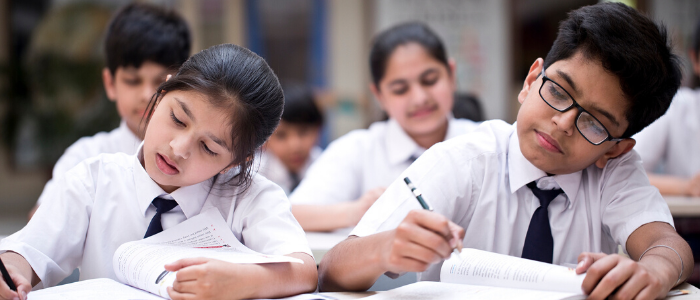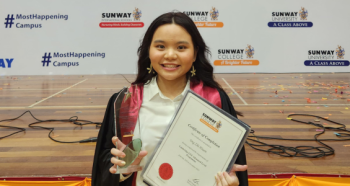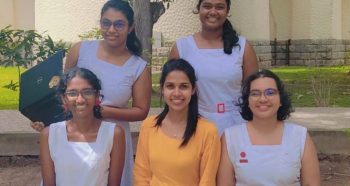The COVID-19 pandemic resulted in the closure of schools all over the world, keeping more than 1.2 billion learners out of their classrooms. Many of these learners transitioned successfully from off-line to online classes. By July 2020, with some governments relaxing lockdown, schools are now exploring new systems of transitioning back to school. We asked Cambridge schools in South Asia to share some insights on how they plan to return to school post-COVID-19 and here are a few of their plans.
What are a few things to keep in mind before going back to the classroom?
Schools are coming up with different strategies to make returning to classrooms an easy and safe transition. Some schools are planning on limiting student numbers and others are planning to alternate school days.
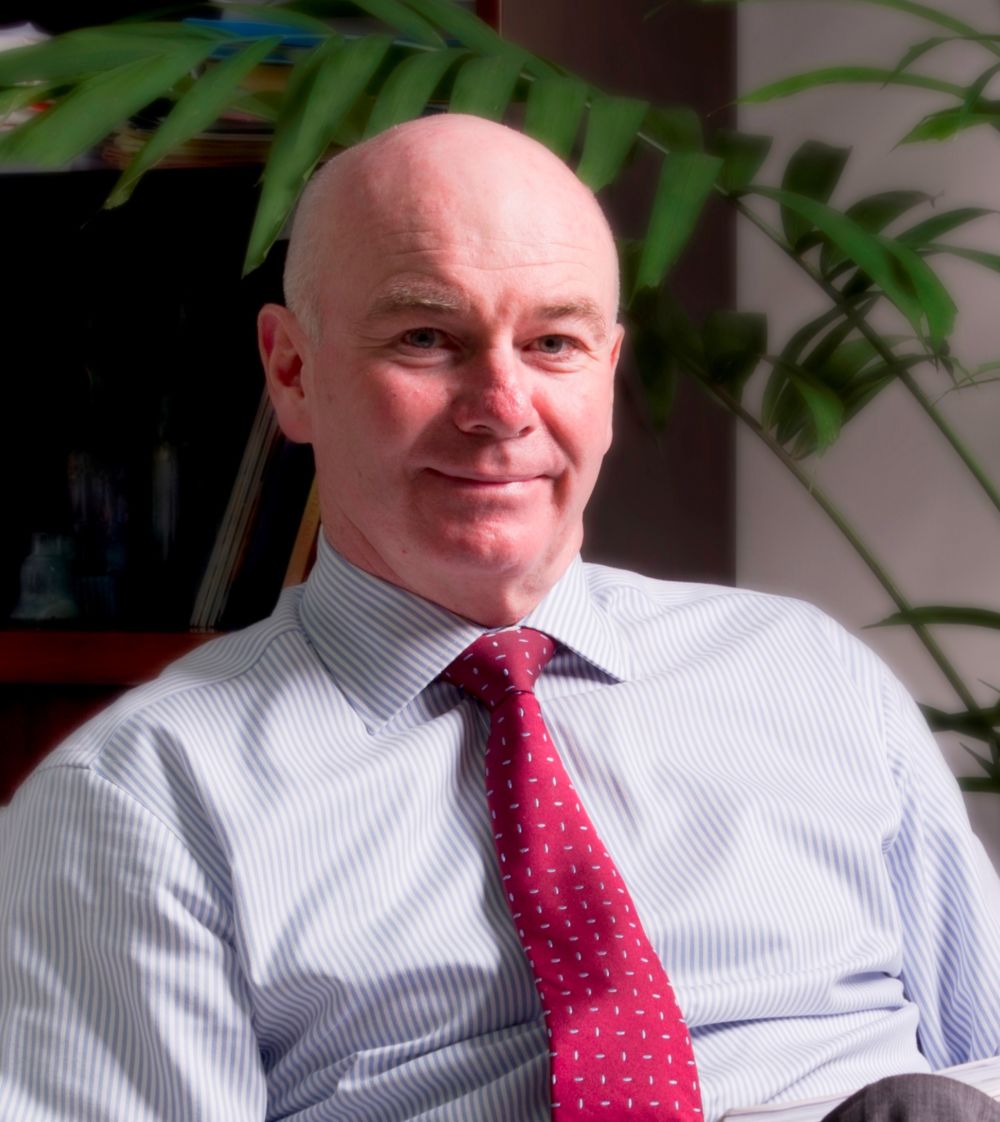
Dr. John Scarth, Principal,The British School, Colombo, Sri Lanka
Everyone was housebound for over three months and the mental strain of children being detached from teachers and friends has been the most difficult aspect of the lockdown. We are going to review best practices from around the world to make sure each student is responding to the new ways of social distancing, especially the younger ones. Parents are likely to be anxious and to reassure them, we will prepare a video showing the steps the school has taken to disinfect the site and how we will regularly clean and disinfect once open. We will also provide clear guidance on what will happen if a member of the school community tests positive for the virus.
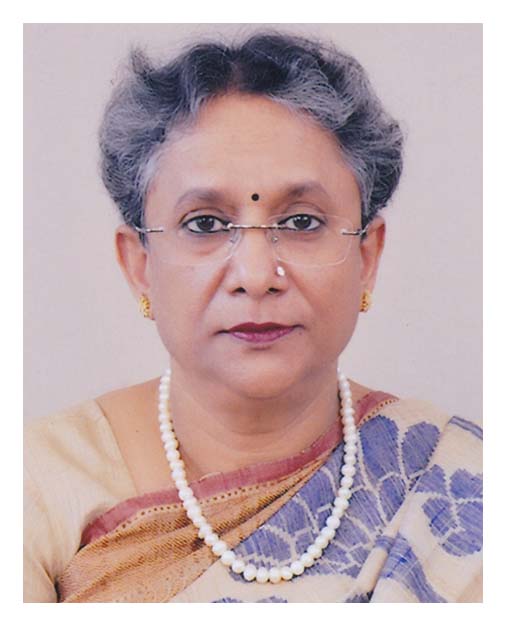
Tazeen Ahmed, Principal, Sunnydale School, Bangladesh
Teachers will play an important role when students return and will have to provide emotional support, along with academic advice and guidance. Different students within the same class will have had different experiences of the lockdown period and varying levels of coping skills. We plan to assess the students’ emotional situations and provide strategies to help them cope with stress and anxiety. Our counsellors, teachers and school psychologist will be instrumental in this.
What things will you change in your classrooms post Covid-19?
The situation is continuously evolving. Classrooms, schools and universities will all be different for some time, we are going to experience a new model of education. What will this look like?
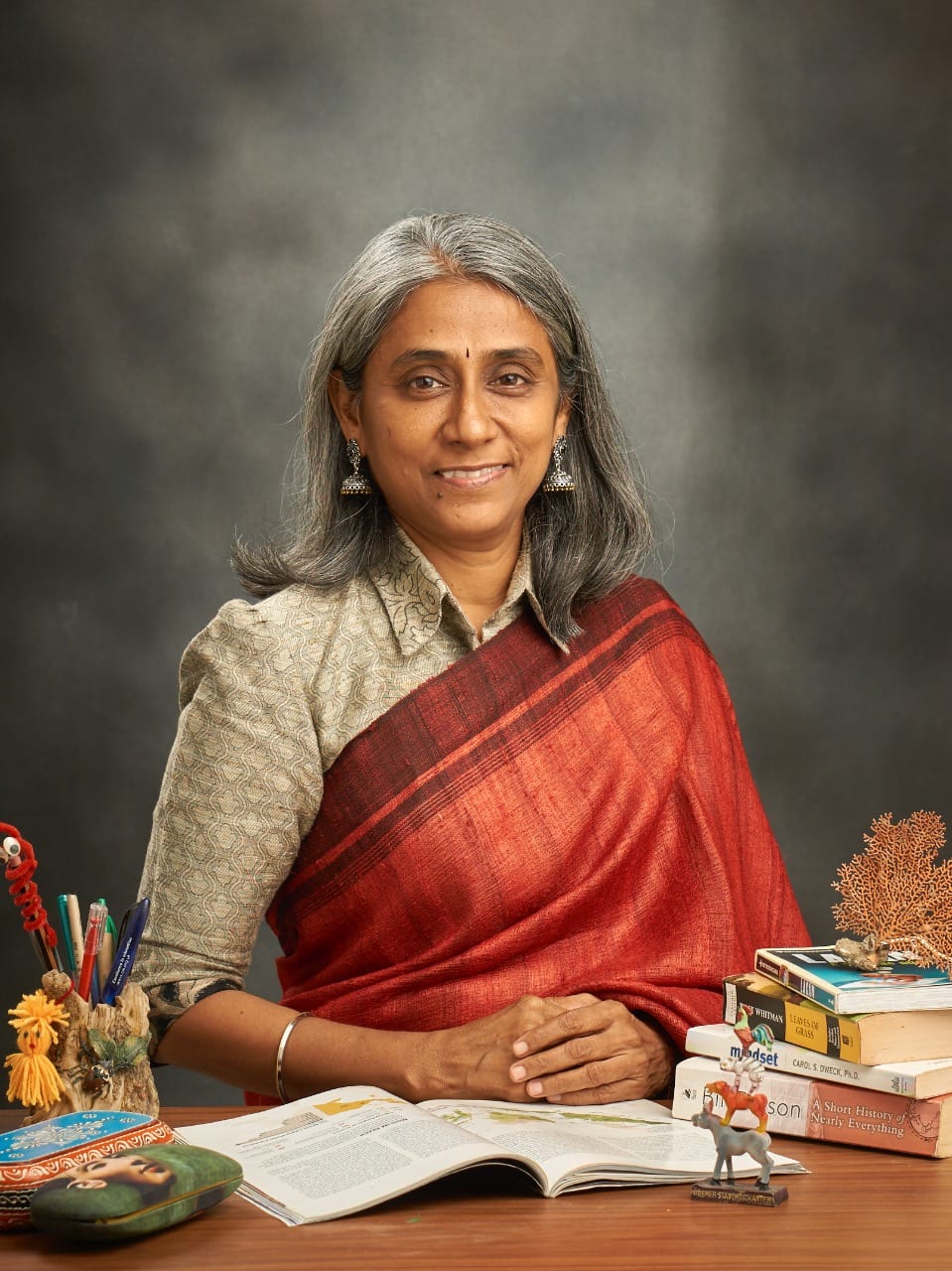
Sridevi Gopalakrishna Reddy, Principal, J S Global School, India
We have prepared a road map that will follow government directives. A shift model will be followed to limit social interactions and enable greater social distancing. We plan to create bubbles and use open spaces effectively. During circle time the importance of washing hands, coughing etiquette, and wearing masks will be taught. At the school entrance, temperature detectors and screening devices will be installed. The school buses will be equipped to screen all students.
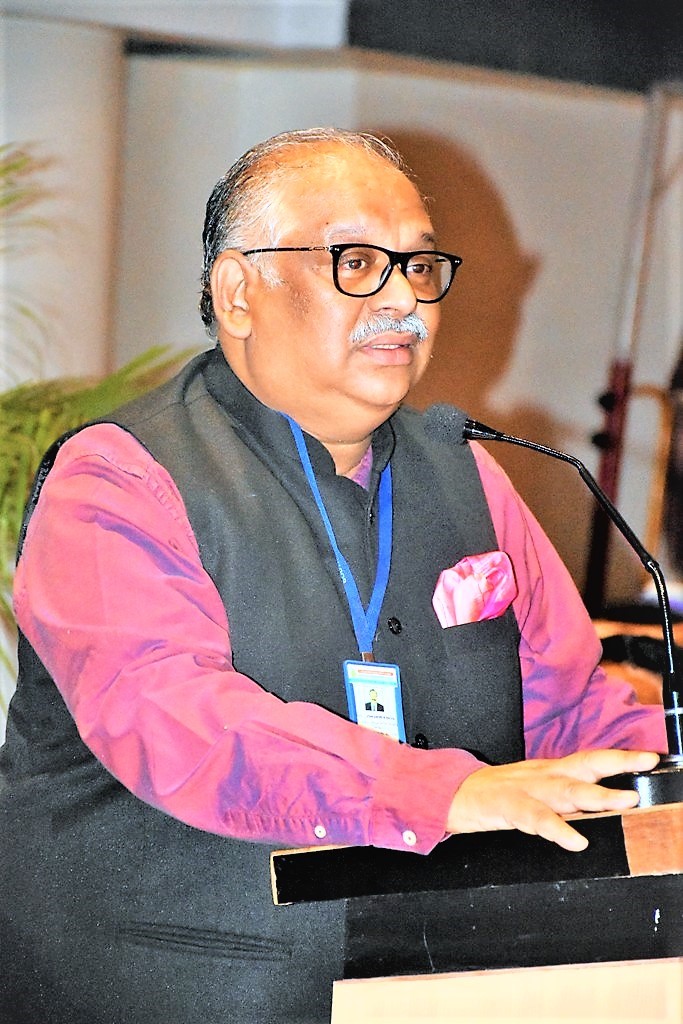
John Andrew Bagul, Principal, South City International School, India
Schools may offer a choice to parents – dividing students into cohorts of those who live in the vicinity, those that do not require public transport and those who cannot commute daily. The concept of classrooms could change drastically –online classes, virtual classes, and physical classes would be the three modes that could be used widely along with radio and television support. Contact sports would need to be reinvented in line with safety concerns. But all in all, children should be treated as happy learners and teachers would certainly adapt to the “new normal”.
Has the pandemic changed your approach to technology/teacher training and how?
Schools and other educational institutions had to adapt rapidly to new technologies during the lockdown periods. Online teaching and technology tools played a pivotal role in keeping learners connected and learning.
Dr. John Scarth, Principal, The British School, Colombo, Sri Lanka
The pandemic has hastened our use of technology. We already had a ‘bring your own laptop’ policy, which had applied from Year 5 to Year 13 and is popular among parents. Teachers have learned new applications with amazing speed: the pandemic has made technology an essential requirement for all our teachers, our technology training has been constant, and teachers have been brilliant at sharing best practices.
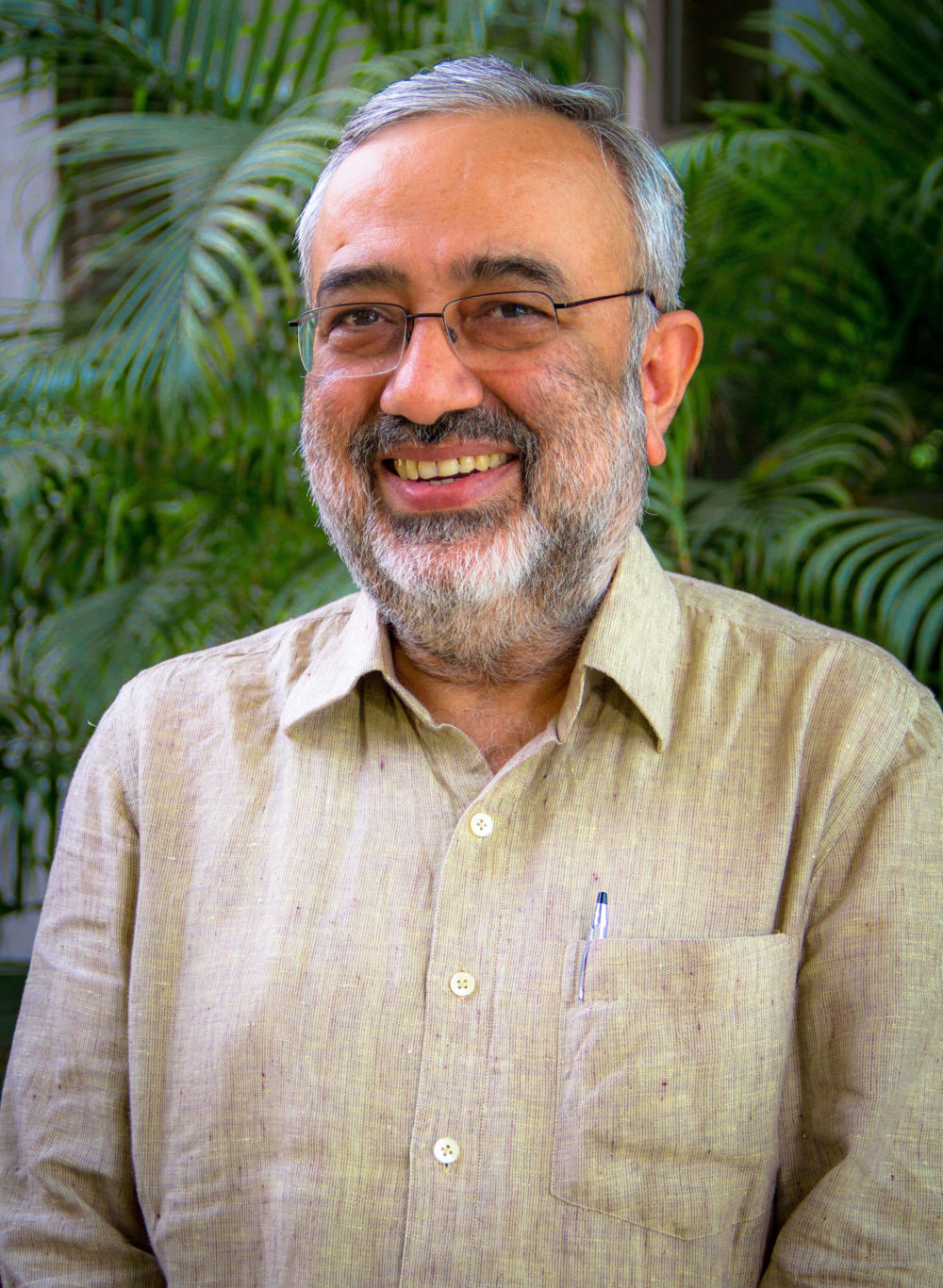
Mahesh Prasad, Principal, Step By Step School, India
As an institution, we already used technology extensively both inside and outside of the classroom even before the pandemic hit. The pandemic made us explore new platforms and train teachers to use them with our learners. For the older classes, we blended an academic focus with contact time with their teacher mentors and counsellors. For our junior and middle schoolers, our focus was largely ensuring the mental health and well-being of our youngest ones. Increasingly, as we get more confident about using technology, more and more innovative and collaborative designs of learning and teaching are opening in our school community.
Tazeen Ahmed, Principal, Sunnydale School, Bangladesh
Previously, we did not favour students becoming too dependent on technology. However, when the pandemic struck, we rapidly trained our teachers and increased our use of technology to enable students to learn online. However, we still try to limit screen time.
Reflections on how teachers and students have coped and progressed during this time.
Teachers and students have experienced the pandemic and lockdown in very different ways, depending on their family circumstances.
Sridevi Gopalakrishna Reddy, Principal, J S Global School, India
Our teachers had to re-invent themselves to meet the demands of this crisis and help students become more resourceful and resilient. The teachers and students coped really well with the unprecedented situation.
Teachers and non-teaching staff learned about the online platforms independently, by connecting with each other, sharing best practices, and having extensive discussions. While we all agree that virtual learning can never replace physical classes, it is the next best alternative for an interim period. We have also benefitted from the support offered by Cambridge International, in particular the webinars.
Dr. Mahesh Prasad, Principal, Step By Step School, India
Teachers and students have often talked about how they miss the school and we have all realised how important it is to us. Teachers are still struggling with the increased workload of managing work and home life. The children adapted well to the increased use of technology. However, the increased screen time has led to some health issues, and sometimes when schoolwork is heavy, it has led to increased anxiety amongst students.
JA Bagul, Principal, South City International School, India
Students are young and adaptable to change, and they have greater resilience in their outlook. It was a tough time for everyone when the lockdown was declared, but the teaching community rose to the challenge. Teachers had to improvise and carry out online classes with limited resources. However, now they are extremely comfortable and can conduct their classes on various platforms, while also skilfully managing the students in their online sessions.


